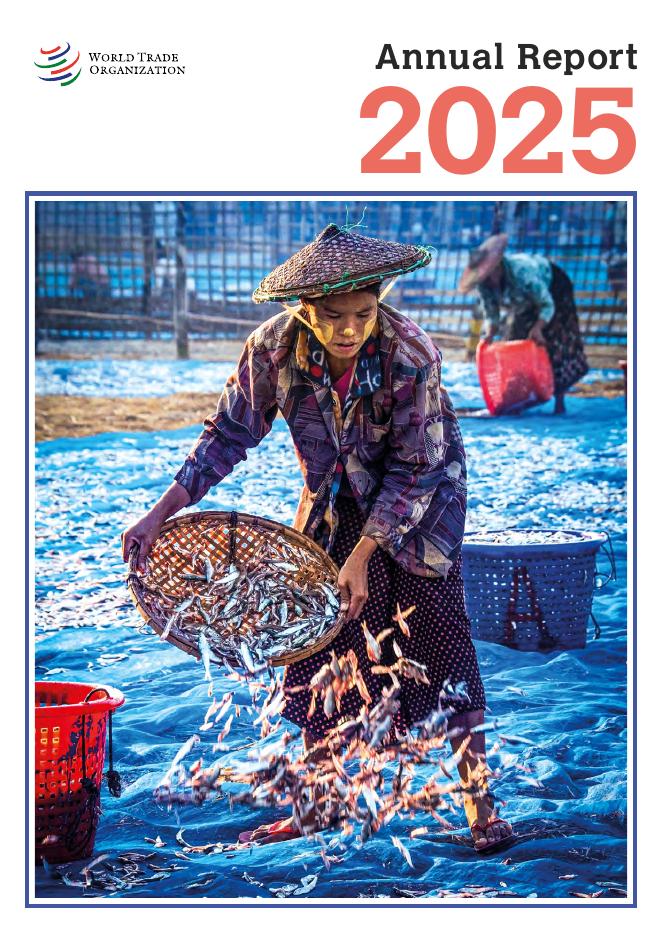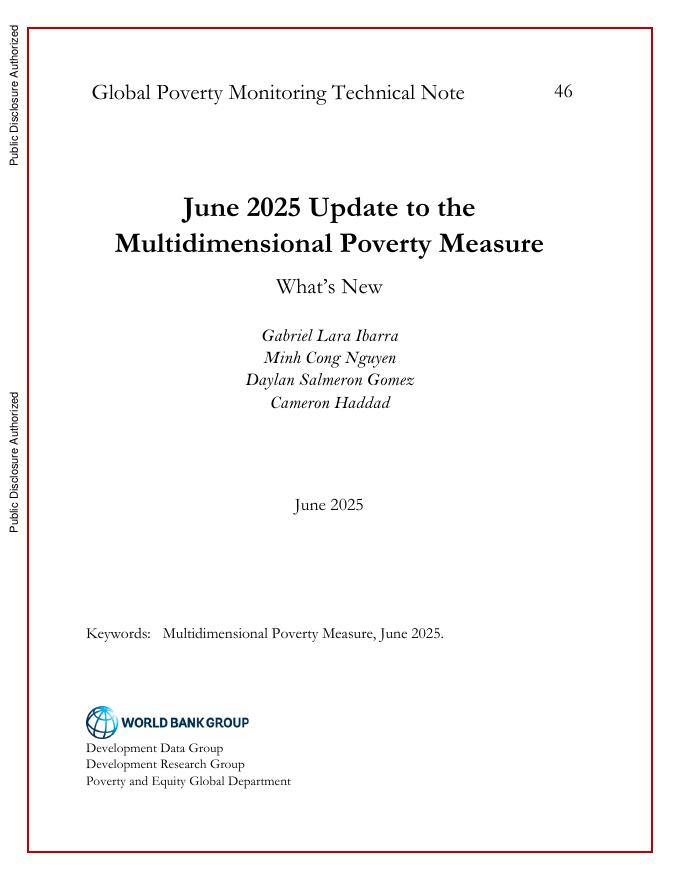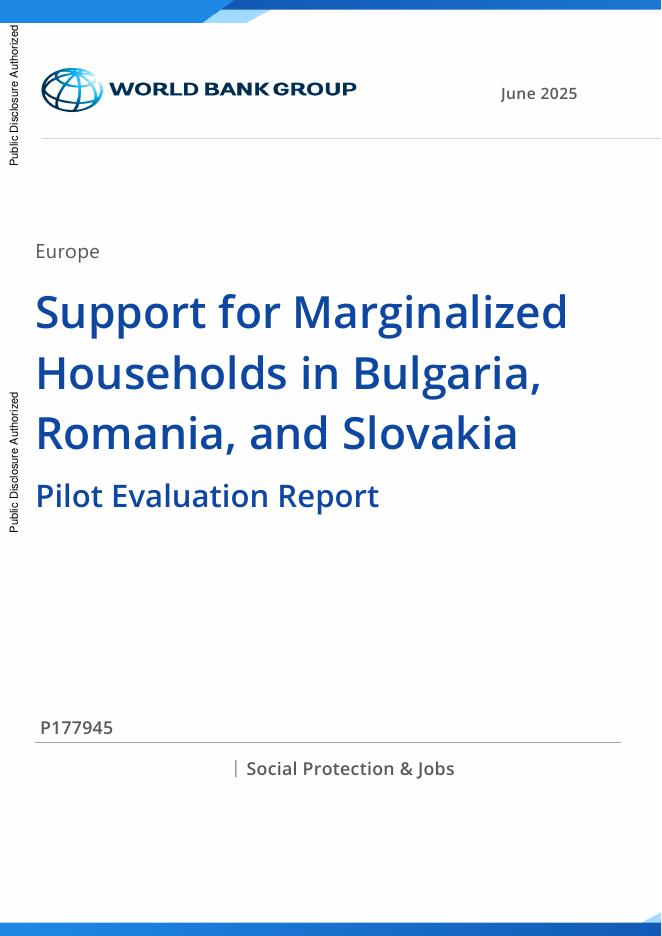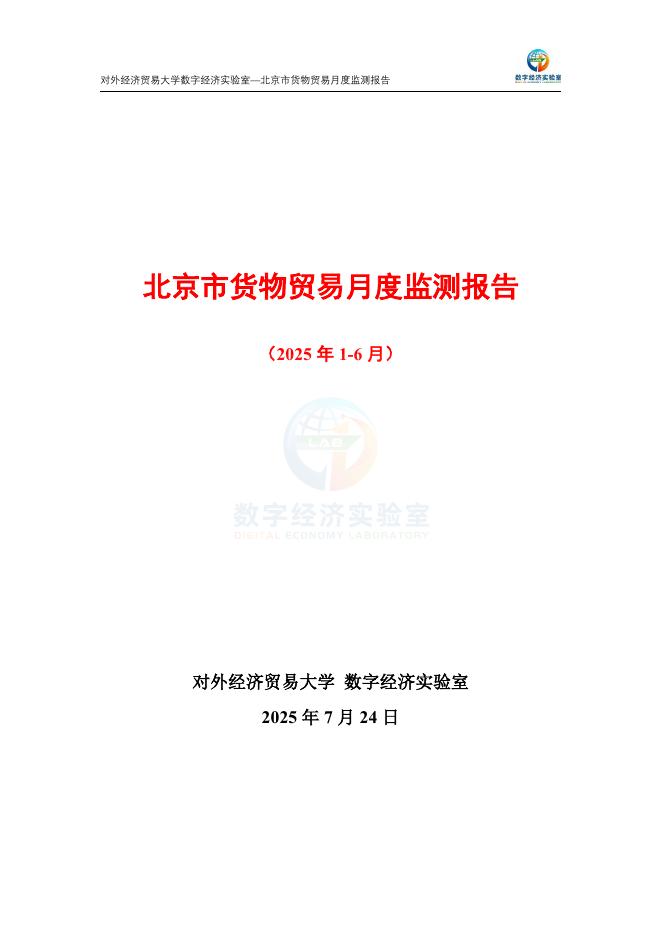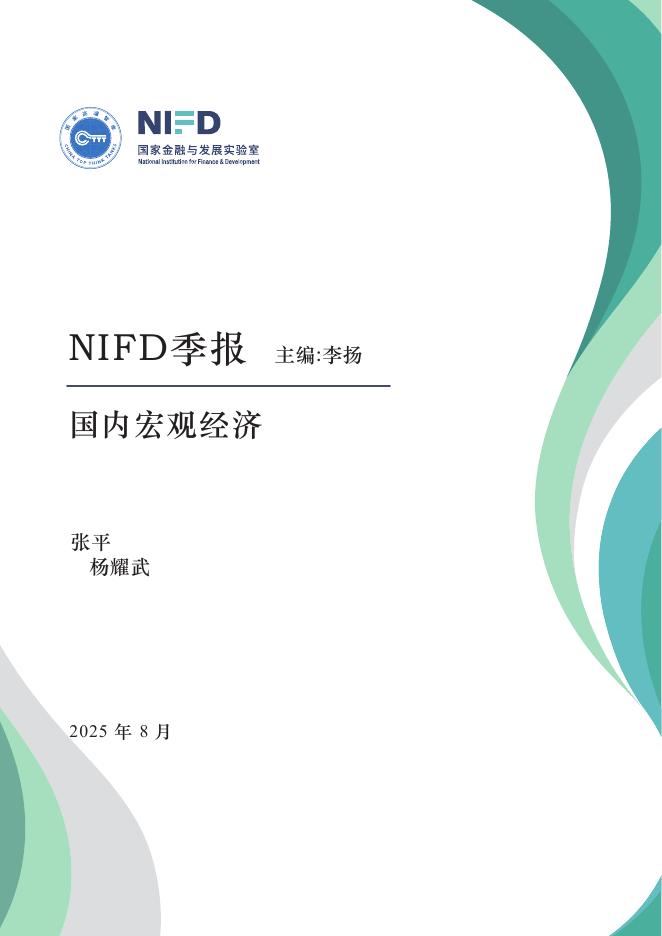世界银行:2025年谁来承担拉丁美洲和加勒比国家的燃油税负担?(英文版).pdf |
下载文档 |
资源简介
Understanding the welfare and distributional impacts of fuel tax and subsidy reforms is crucial for their effective implementation. Reforms that raise fossil fuel prices potentially lead to lower energy-related carbon dioxide (CO2) emissions and reduce the frequency and severity of climate-related hazards in the long term, thereby improving household well-being. However, in the short to medium term, they may decrease household purchasing power and affect livelihoods through the transformation
本文档仅能预览20页





